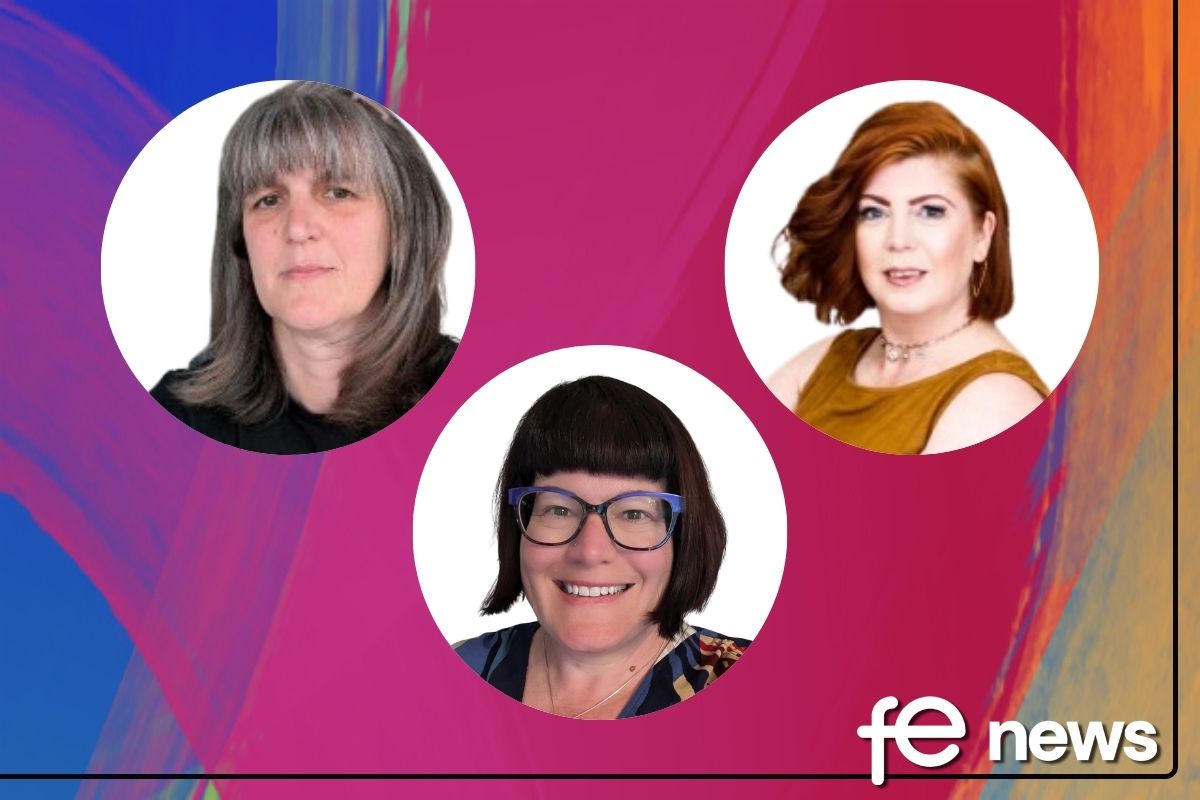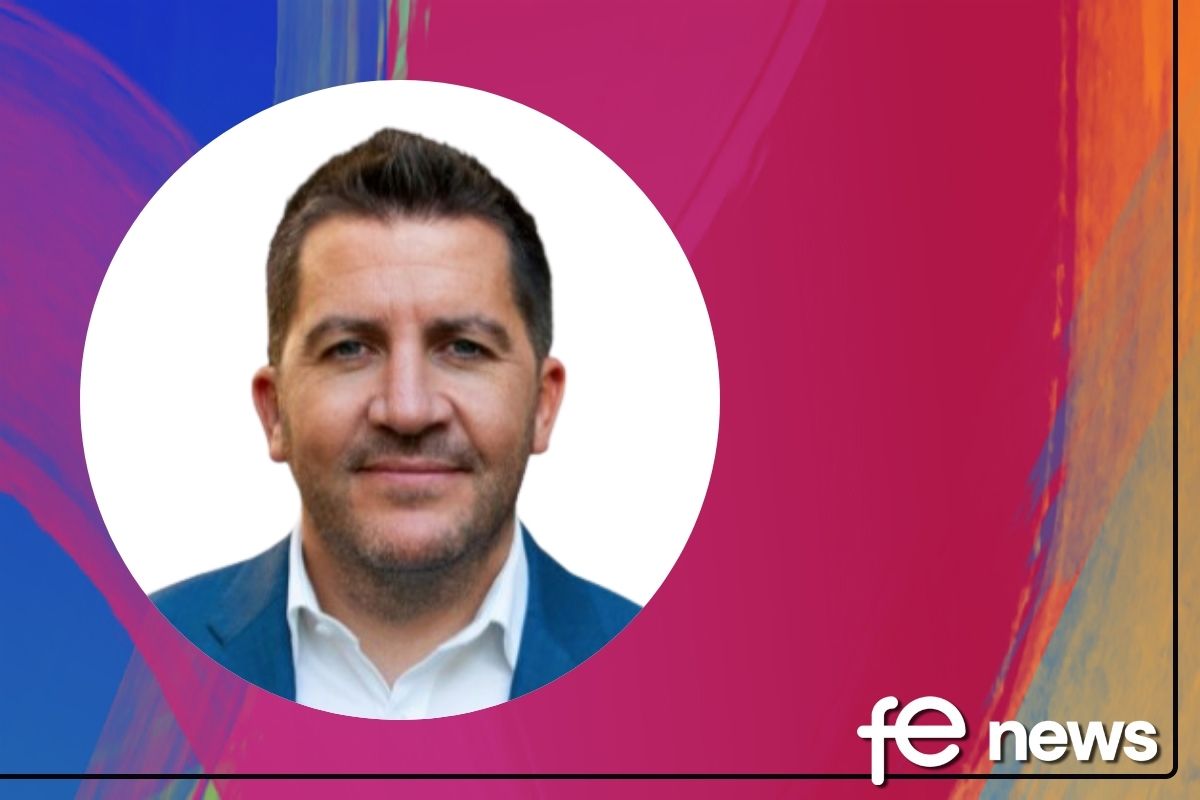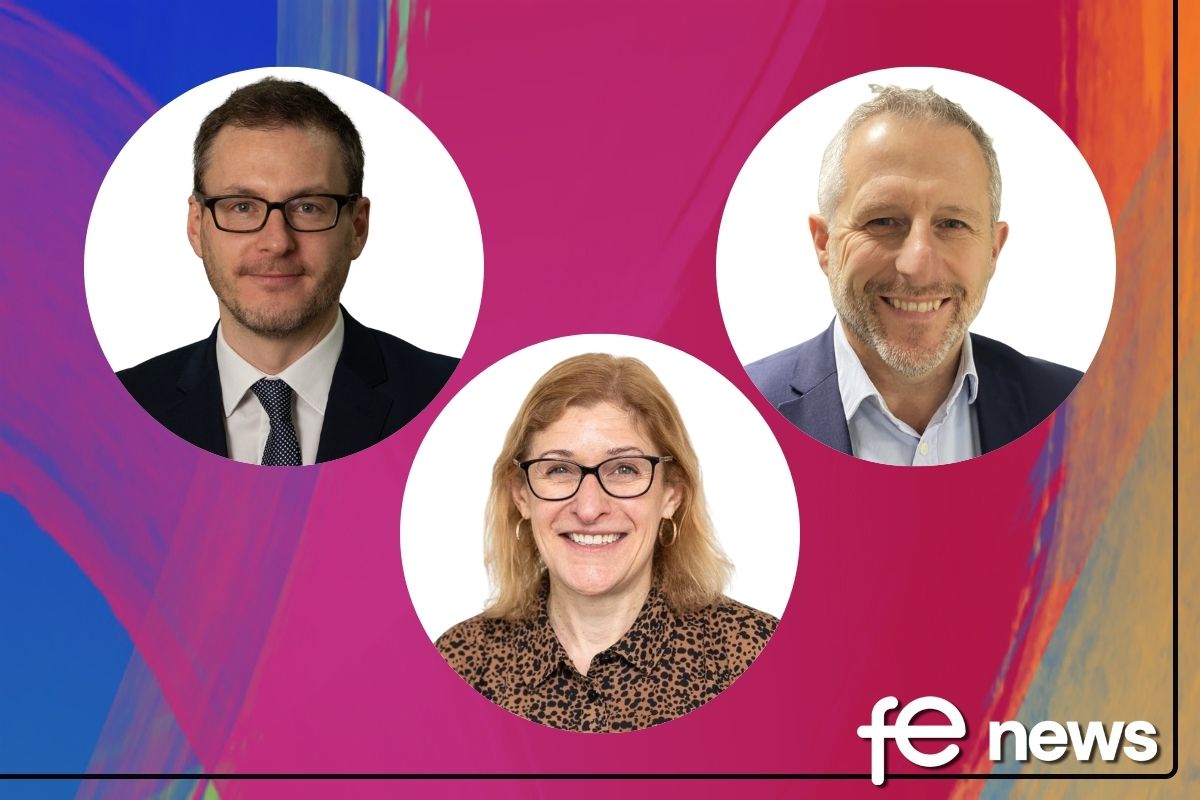Social Mobility and the Engineering Profession

At the end of July, the Wellcome Trust hosted a conference for the initiative ScienceLearning+, to report on work it funds to improve knowledge and practice in informal science learning. The scope of the scheme covers engineering too. It’s a great programme and long overdue.
Informal learning is defined as any experience occurring outside of the locations and contexts in which formal learning (that is, conventional education) takes place. Museums, after-school clubs, youth clubs, some computer games, science festivals and theatre productions all count as informal learning – as do many other ‘learning by stealth’ programmes.
I don’t go to too many conferences, but when I do, it feels like I’m always having to play catch-up with the latest terminology that everyone seems to know – except me. On this occasion, the new (to me) term was “non-dominant”. Non-dominant is a very useful, though arguably semantically vulnerable way of grouping together anyone whose gender, class, ethnicity, sexuality and ability are not that of the dominant group.
My unease was not the dominance of non-dominance, but a concern that an initiative designed to improve the quality and knowledge of informal learning interventions might end up focusing solely on issues of equity (desirable, but not the only aim) rather than on education itself. I had gone to the conference to get a better sense of how we measure the impact of the things we do to try to interest all youngsters to keep their engineering options open for as long as possible.
The Institution recently published Social Mobility and the Engineering Profession, a policy statement in which we set out how engineering is almost unique in how it has historically elevated talented people from poorer backgrounds. Meanwhile, the House of Lords put out a call for evidence to consider social mobility in the transition from school to work.
The ‘call for evidence’ highlights how the bulk of recent government action in this area has been focused on young people at risk of becoming NEET (Not in Education, Employment or Training). The noble Lords wish to uncover more about youngsters who are not NEET, but who wouldn’t normally be expected to go to university.
These three things combined: my conference angst, our policy statement and the call for evidence, have all got me wondering whether, when we say ‘social mobility’, do we really mean social welfare?
As Chair of the Social Mobility and Child Poverty Commission, Alan Milburn, highlighted the shortcomings of the Connexions careers service for having: “focused on the disadvantaged minority to the detriment of the aspirational majority.” Are we in danger of doing something similar for informal learning?
It also made me question whether when the scientific and engineering communities are talking about non-formal approaches to learning, are we describing different things? For science, informal learning experiences augment a formal core school subject – they are the icing on the cake. On the other hand, engineering is almost totally reliant on this approach as its principal method of engagement. It’s the cake itself!
Engineering is not a taught subject in our schools, which means that young people find out about careers in our sector through a combination of:
- Having a family member who is an engineer,
- Good careers guidance, and
- Inspiration and information – including museum visits, television programmes, out-of-hours school clubs and other ‘informal’ learning opportunities.
Having a close family member working in the field is not something most of us experience. Engineers make up just seven percent of the population. Since meaningful careers support is woefully underfunded and unavailable to most pupils in the maintained sector, informal learning is all that remains.
While this persists, let’s find some powerful ways of measuring how informal learning helps youngsters to know and understand; and for us to identify what affects the thought patterns, attitude formation and behaviours for all young people, from all backgrounds and circumstances.
Peter Finegold is head of education and skills at the Institution of Mechanical Engineers











Responses